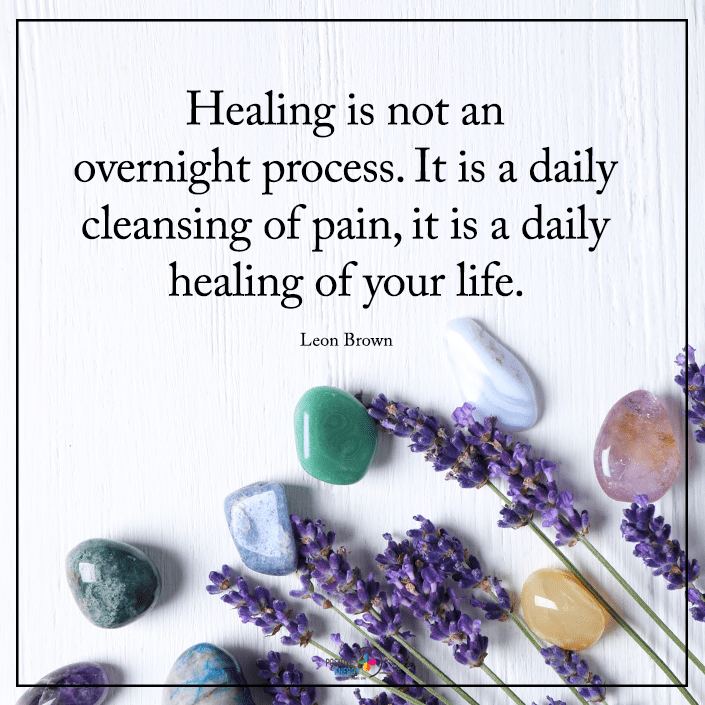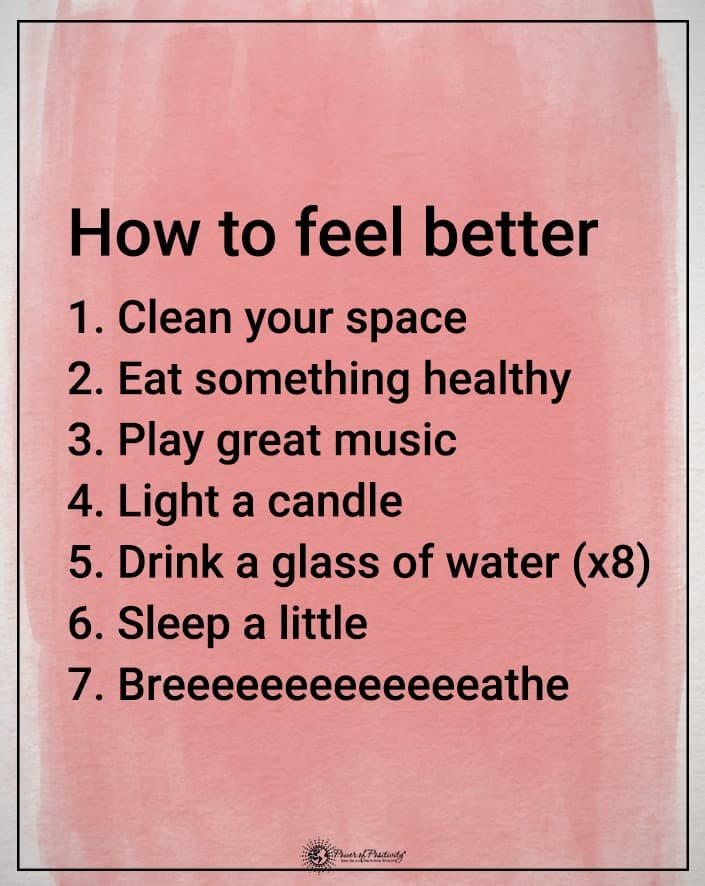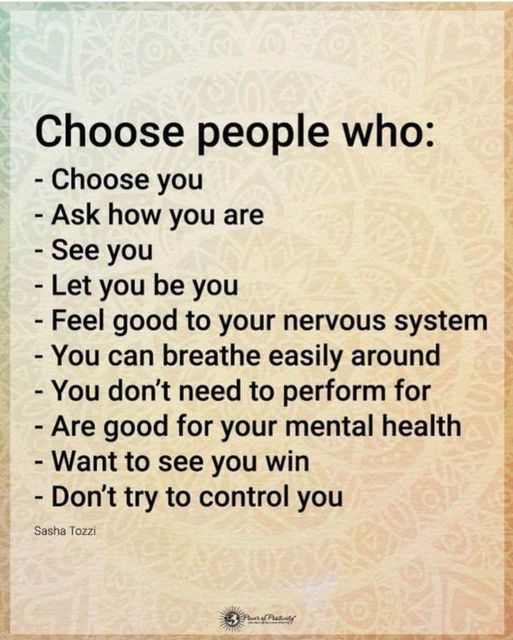When you’re out playing the dating field, it’s difficult to tell who’s interested in you and who’s just “browsing” and having fun. If you’re on the prowl for someone to be in a serious relationship with, it can be unclear what everyone’s intentions are. No one wants to get too invested in or committed to someone who isn’t interested in returning that energy for the long-term.
Luckily, most people clearly show interest in someone when it’s more than just a casual fling. But, if you’re unsure whether the woman in your life is in it for the long haul, read on, and we’ll help you! Here are six things women do when they want a serious relationship.
Editorial note: This article addresses the behaviors of women seeking a serious relationship. We acknowledge that men might also crave a long-term love, and we address that in a separate article.
1 – You Become The Go-To For a Woman Craving a Serious Relationship
People are pretty selective about who they go to when they’re most vulnerable. If you’ve been dating for a while, you can tell if a woman wants a serious relationship based on how much she seems to go to you. This isn’t just about her going to you when she’s in trouble. She may also:
- Tell you about both good and bad news in life of her own volition, without prompting
- Share random stories and bits of information that she picks up in her everyday life
- Ask for your opinion or advice on different matters
- Request emotional support when she needs a compassionate ear or shoulder
- Spend her extra time with you and make herself available to you
This trust may not happen immediately, primarily if you’ve only known each other for a few weeks. It can take time for anyone to trust you enough to let you be their go-to! So once a woman does this, you know she’s serious about you and is willing to let her walls down.
2 – Women Who Want a Serious Relationship Might Make A Lot Of First Moves
Women have been conditioned not to make the first move when it comes to many things related to dating and romance. This is because of many factors, from simply following the grain of society to being cautious of one’s safety. The bottom line is that, while many women will make the first move, it’s hardly commonplace.
When a woman makes the first move, she may ask you out on dates, give you gifts, calls or text you first, and do other things that require her to take the initiative. This action often signifies that she wants a serious relationship with you, as she’s willing to be vulnerable and put herself out there for you.
Do note that this may not apply to all women – but, then again, there are exceptions to virtually every common stereotype. You should use context and critical thought to determine if a woman’s first moves mean something serious or not. For example, a woman who has never been one to take the initiative and suddenly starts taking the first step is likely to be serious about you.
3 – They Include You In Their Idea Of The Future
A serious relationship is long-term and will last long into the future. That’s why a woman who wants a serious relationship will have you in her mind as she makes her upcoming plans. This isn’t referring to the act of fantasizing about marrying you necessarily, though it can be. Primarily, it focuses on your inclusion in her vision of the future. She may:
- Include you in her decision-making process, especially for big decisions
- Plan future dates with you months in advance
- Discuss upcoming plans in such a way that you’re a natural part of them
- Talk about long-term personal goals and try to find ways to make them work with yours
- Have conversations with you about her vision of her ideal relationship future, such as where she’d live with a partner, how many kids she wants (if any), and other similar details
- Leave some of her things at your house or let you leave your things at hers
- Use “we” instead of “I” when talking about future events
- Talk about tackling her bucket list with you
- Ask about your plans
A woman deciding to talk about the future with you doesn’t mean she wants to rush things. It just means that she sees you as a serious candidate for her long-term life and wants to make sure she’s planning accordingly.
4 – They Work Both On Themselves And On The Long-Term Relationship

Relationships can bring out the best in us, but they can also bring out the worst. Many people’s old baggage, childhood patterns, and personal issues only arise in intimate settings. Some people may not realize their problems until they’re in a relationship where they notice these patterns in themselves!
This is why working on oneself is often a central part of healthy relationships. Studies have long shown the importance of continuing to grow together in a serious relationship, facilitating closer bonds and healthier partner dynamics. But just because we know this is important for partnerships, that doesn’t mean it’s easy to do. Plenty of people refuse to grow, and it can take a lot of motivation to work on oneself and to work on oneself in tandem with a partner.
Of course, no one should change themselves only for a relationship. But when a woman cares about you and wants a long-term commitment, she will dedicate herself more to her self-improvement and growth. The relationship will provide motivation and inspiration to help her propel herself forward.
Women who desire serious relationships want their partners to accept them as they are, but they also want to be their partners’ best versions of themselves. They will also work very hard to fix and manage the relationship’s hurdles and challenges. She will:
- Communicate her concerns, desires, and problems directly in straightforward, honest ways
- Ask for feedback and listen closely to her partner’s concerns and problems
- Maintain healthy, open communication pathways so both partners can discuss the challenges they face
- Learn to manage emotions and conflict in a proactive and positive way
- Validate the concerns of her partner and become their safe space
Of course, this may not be easy, and she’ll make mistakes along the way! But what matters most is that, no matter what, when women want a serious relationship, they will commit to personal and cooperative growth for the partnership’s health and happiness. Remember that growing together matters most regarding relationships, as studies say!
5 – A Woman Who Wants A Long-Term Relationship Expects More From You
Women are often very aware that the people they’re interested in might only be interested in noncommittal flings, and they’re often wary about being used for intimacy or emotional labor. On the other hand, a woman who wants a serious relationship will usually hold you to a higher standard than she does other people.
It can feel a little unfair at first but think about it. This is someone who wants a long-term commitment with you. She needs to be sure you’re the kind of person who will step up to the plate and meet her halfway before she can be even more vulnerable. She may:
- Have little to no tolerance for broken promises, especially without proper communication beforehand from you
- Expect equal or equitable effort from you when it comes to the courting process
- Be very upfront with her questions about your dating life
- Want to know about your moral, political, and religious views
- Want to know where you stand on specific social issues
- Become upset (without lashing out) when you don’t meet bare minimum expectations of respect, decency, or commitment
Do note that these expectations should never be unreasonable. They ensure that you’ll treat her well, not that you’ll be a doormat! If you feel you’re never meeting her standards, it’s time to sit her down and discuss where things are going and what she’s looking for.
6 – They Invest In You And A Long-Term Relationship
When people hear the word “investment,” their minds typically jump to money and financial decisions. While money can be involved in this case, that’s not true. When it comes to a serious relationship, people naturally invest time, effort, and other resources into their partnership and the other person. This is what experts refer to as the relationship investment model.
It’s indeed more “traditional” for men to invest more in relationships during the early courting stage. However, the fact is that people of all genders display their investments in their burgeoning partnerships in different ways. It’s a reliable predictor of levels of commitment.
Think about it – would you spend your money, time, and effort bolstering it if you don’t see the potential for a serious relationship with someone, even on a non-romantic basis? A woman will not bother wasting these resources on you unless she wants a long-term commitment. Types of investment she may make include:
- Spending her free time on calls, messages, dates, and meetings with the person she’s interested in
- Driving out over long distances to meet the person she’s interested in
- Going on regular dates where she pays part of or all of the expenses
- Helping the person she’s interested in with various tasks, errands, and to-do items
- Expressing her interest and love through time-consuming or well-planned means
- Deleting dating apps and profiles and no longer seeking out other prospective partners, investing her interest entirely in the person she wants to date seriously without fear of missing out on someone better
Women who want long-term relationships often showcase these investments clearly, speaking through their actions and expended resources. The exact methods they use to display their affection may depend on their specific love language, so keep an eye on the woman you’re interested in to see if she’s communicating her affection uniquely.
Final Thoughts on Some Things Women Do for a Serious Relationship
Women who want serious relationships can be subtle in showing you, but if you know what signs to watch, you’ll spot them a mile away. Still, if you’re unsure where you stand with a woman in your life, it may be a good idea to open a conversation with her about the direction of your relationship. That’s the best way to know how deep her interest in you goes!




















